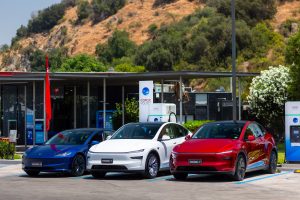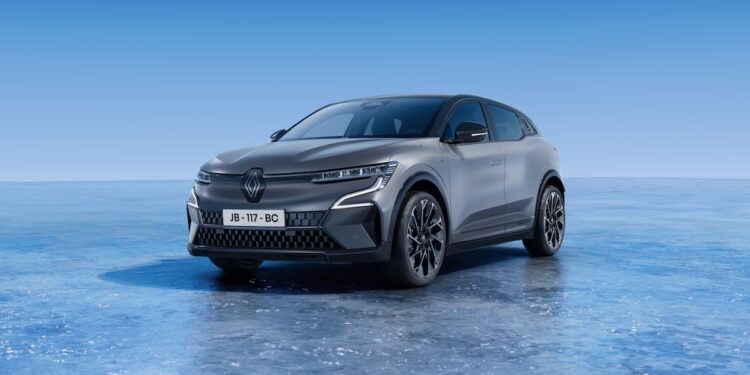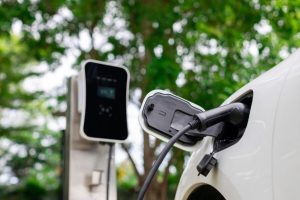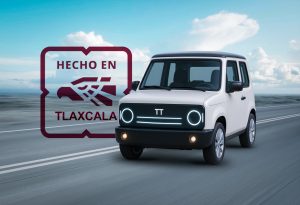
Batteries that Charge Twice as Fast: New Technology Improves Renault Mégane E-Tech R ange

A new solution developed by TotalEnergies enables batteries that charge twice as fast, enhances driving range, and requires no changes to vehicle design. The updated Renault Mégane E-Tech was selected to test this immersion cooling technology, which aims to revolutionize electric car performance.
Innovative technology without redesigning batteries
The breakthrough lies in directly cooling the battery cells using a special non-conductive fluid called Cell Shield. By submerging the battery in this fluid, it stays cooler and more stable, which allows it to charge twice as fast while ensuring safety and structural integrity.
Originally, the Mégane E-Tech charged from 20% to 80% in 30 minutes. With this technology, that time is reduced to just 15 minutes. Additionally, driving range increases by 6% — all without altering the battery’s design.
Read more: Blink Charging Launches First Comprehensive Energy Storage Solution for On-Demand Grid Resiliency
Batteries that charge twice as fast: better range and longer battery life
Another major advantage of batteries that charge twice as fast is the ability to consistently maintain optimal temperature levels during charging. This not only improves charging speed but also contributes to extending the battery’s lifespan.
TotalEnergies first tested the technology in a Volvo XC90 plug-in hybrid in 2022, achieving faster charging, better cooling, lower costs and weight, and improved safety.
Renault Mégane E-Tech specifications
The Renault Mégane E-Tech is powered by a 60 kWh battery delivering up to 450 km of WLTP range. It features a 220 hp electric motor, goes from 0 to 100 km/h in 7.4 seconds, and supports DC fast charging up to 130 kW.
With a starting price of €35,200, this model stands out even more thanks to the potential addition of TotalEnergies’ immersion cooling technology.
In conclusion, if scaled, this innovation could reshape how electric vehicles are charged. While no official timeline or pricing has been announced, these batteries offer a real step forward in making e-mobility more efficient and practical.





